What time should Christmas dinner be served? A step-by-step guide to Christmas dinner timings
A handy guide to Christmas dinner timings for a stress-free festive meal, including when to cook the turkey and what can be done the day before
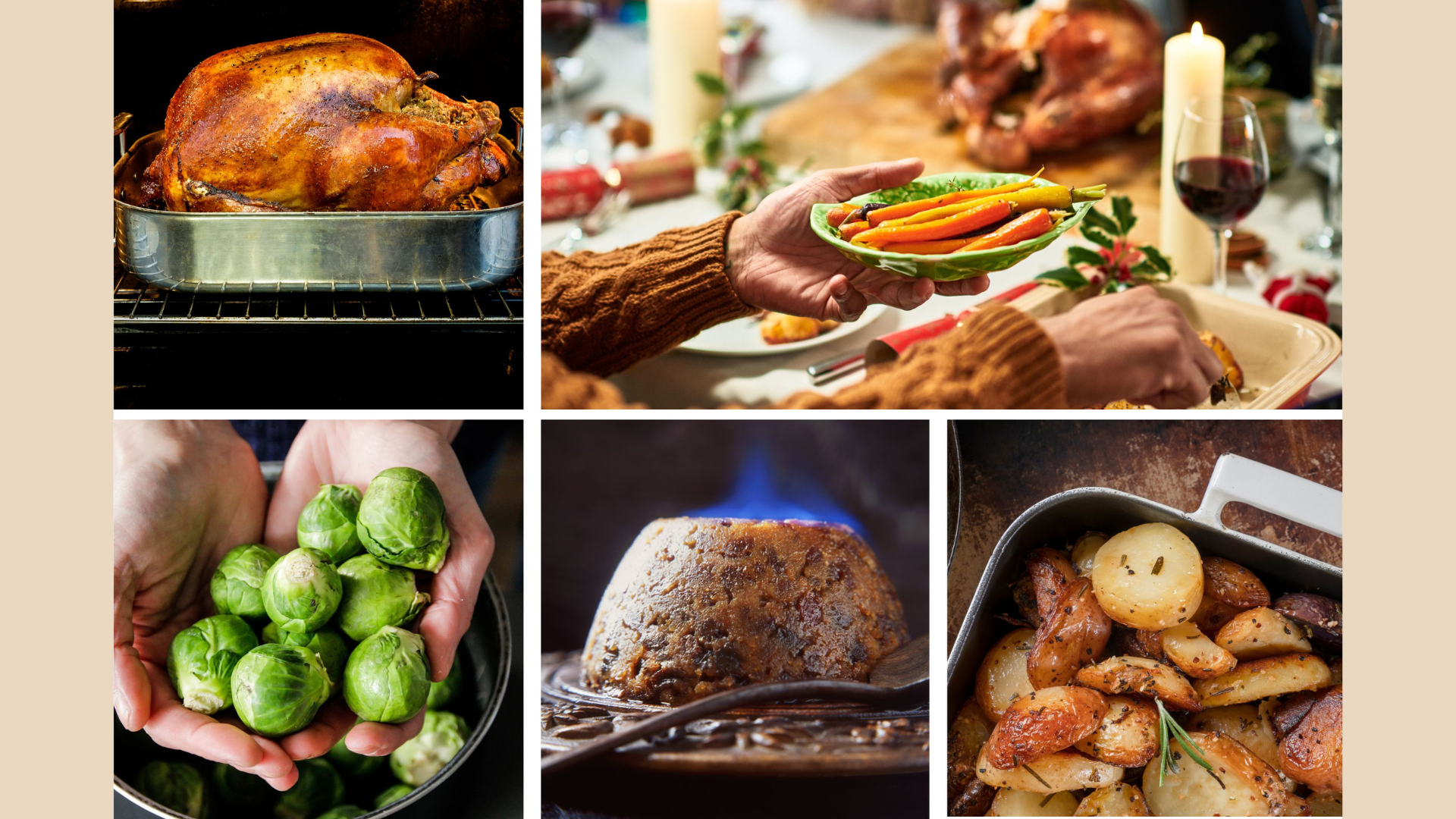
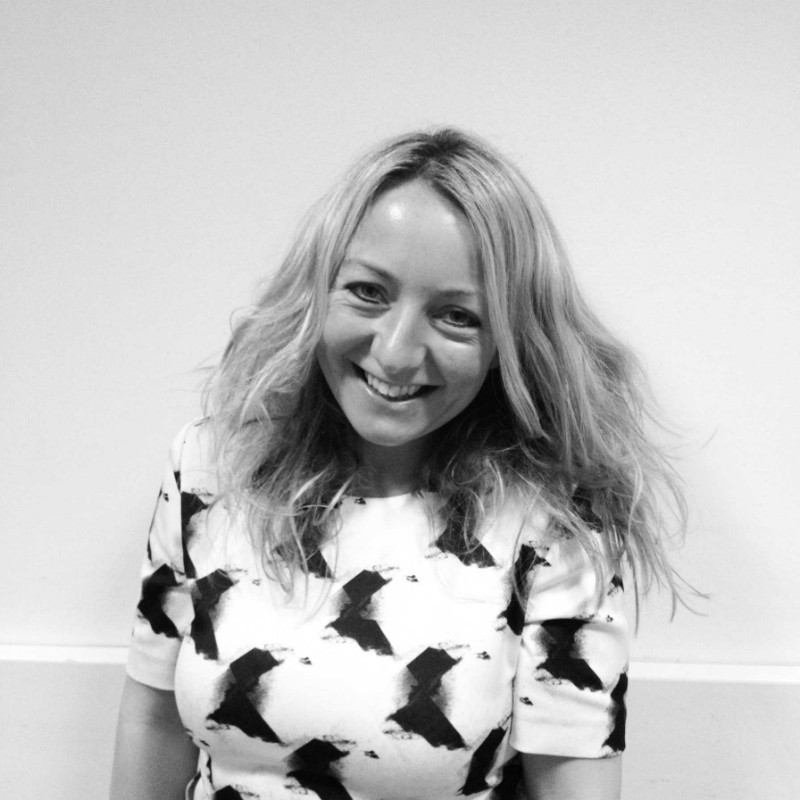
A handy guide to Christmas dinner timings, and our breakdown on what to prepare and organise in advance to save stress – and enjoy the big day.
Whether you go for the most popular Christmas foods on Christmas Day, like turkey for example followed by Christmas pudding, or go a little more leftfield – perhaps serving beef, salmon, or a nut roast – there's a lot to get ready.
"Christmas lunch is a time for celebration, joy, and spending time with loved ones. It's also an occasion that can strike fear in whoever is responsible for cooking it, but this does not need to be the case," says Michaela Hanna, a private chef based in Yorkshire. "Firstly, try to think of the task as a checklist of ingredients and timings, just another roast. Also, remember that the most important thing is the shared time and experience."
Whatever Christmas dinner recipes you've decided on, it's all about forward-planning. "When I’m responsible for Christmas lunch, I put my chef's hat on and think about how this happens in professional kitchens. It's all about having everything in its place. That is how restaurants around the world prepare for service – do as much as you can before the checks fly in, so that all is calm in the kitchen."
What time should Christmas dinner be served?
The most popular time to serve Christmas dinner is 2pm, closely followed by 3pm. According to a 2022 survey of more than 2,500 people, the big meal is traditionally a mid-afternoon affair with fewer families sitting down to eat at a traditional 'dinner' time - only 5% of us start tucking in beyond 5pm. With that in mind, here's our overview timings...
Christmas Day dinner timings
- 7am Take the turkey out of the fridge – two hours at room temperature before cooking is ideal.
- 8.30am Preheat the oven for the turkey.
- 9am Put the turkey in the oven. "I like to cook the bird for 30 minutes at 210°C fan with 300ml water in the oven tray. After that time, throw some roughly chopped onion, carrot, celery, and a halved bulb of garlic into the tray and turn the heat down to 160°C fan and cook for 35 minutes per kilo – this works for me, all ovens vary so check that the juices between the thigh and breast run clear," says Michaela.
- 10am Make the Yorkshire pudding batter and parboil the potatoes (in cold water, bring to a boil with a lid on, turn down the heat to a simmer and cook for 8 minutes, drain).
- 1pm When the cooking time is up, transfer the turkey to a large plate/board to rest. "I’ll rest it for half the time it cooked for. I know that seems like a lot, and the fear is that it will be cold, but it won’t – proper resting ensures the meat won’t be dry, plus warm food has more flavour than piping hot or cold," says Michaela.
- 1.30pm Roast the potatoes and sprouts in a hot tray with duck fat, for 1 hour at 180°C fan, turning twice
- 2pm Do the same process as the potatoes with your Brussels sprouts. Cook the stuffing and pigs in blankets (all for 30 minutes in 180°C fan oven)
- 2.15pm Cook the Yorkshire puddings and the cauliflower cheese for 25 minutes (ideally at 200°C in a non-fan oven, if you have a separate oven) "No peeking – really no peeking," insists Michaela.
- 2.15pm Make the gravy in the tray with the vegetables. "Let it cool a little, tilt the pan, and spoon off all but a couple of tablespoons of fat. Put the tray on medium heat and add a few tablespoons of plain flour, whisk this in, and let it cook for five minutes, whisking frequently. Then add a glass of white wine, turn up the heat, and let the alcohol boil off, whisking all the time. Then gradually whisk in the turkey stock from two days before, bring to a boil, skim off any brown foaminess, reduce the heat to medium, and allow the gravy to reduce to your favoured consistency – keep tasting as you go. This can take up to half an hour – strain through a sieve into a pan and keep warm until it’s time to eat."
- 2.30pm Heat up the carrot puree and bread sauce (10 minutes on the stove on medium heat). Put the Christmas pudding on to steam for 1.5 hours (it should already have been steamed for around 4.5 hours previously, depending on the size and the recipe), ready to eat after you've had a break from the main meal.
- 2.45pm "Allow yourself 15 minutes to get food to the table, or plate up, however you do your thing. I recommend food on the table – it’s more convivial and means you don’t have to do anything but carve the turkey and everything can go in dishes on the table for people to help themselves – more feast-like." adds Michaela.
The guide above is based on sitting down to eat at 3pm, and serving a 6-kilogram turkey, but Christmas turkey cooking times may vary. Keep in mind that what time you start cooking your Christmas dinner depends on what time you plan to eat, what the main element is, and how big your turkey or other meat is. We also love Gordon Ramsay's Christmas dinner advice to Susanna Reid; to share the cooking jobs to avoid overwhelm.
"Depending on your protein of choice, you’ll need to calculate cooking time and, very importantly, factor in your resting time," says Michaela.
Sign up for the woman&home newsletter
Sign up to our free daily email for the latest royal and entertainment news, interesting opinion, expert advice on styling and beauty trends, and no-nonsense guides to the health and wellness questions you want answered.
According to the Food Standards Agency, a turkey weighing 6-7kg could take as long as 4 days to fully defrost in the fridge. Allow around 10-12 hours per kg. If your turkey is not fully defrosted before cooking, it may cook unevenly. This means harmful bacteria can survive the cooking process and you will be at risk of food poisoning.
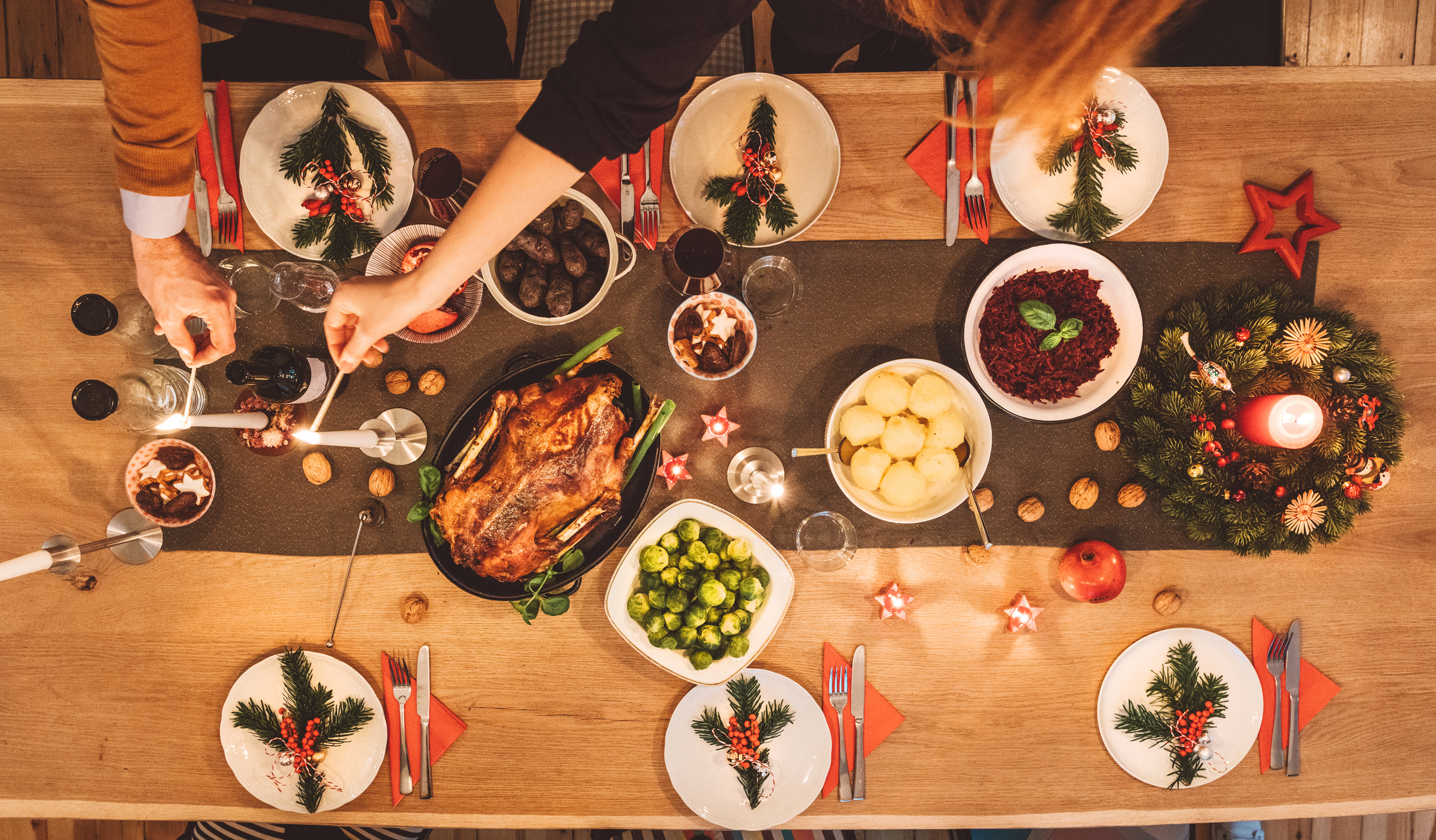
A tasty banquet for Christmas day
What to make before Christmas
"Whether you are choosing roast turkey, chicken, beef, goose, or nut roast recipe, the principle is the same – what can I do to get ahead of time?" says Michaela Hanna.
Michaela divides the meal into four parts – the protein element, vegetables, sauces, and of course, dessert. "Vegetables and sauces can be prepared up to two days in advance of the big day, and meat and dessert preparation can be done the day before," she explains.
Another Christmas dinner stress-saving hack is to avoid starters, and don't worry about another meal later in the day. "Starters are very nice, but I avoid them on Christmas Day, purely because the main event is usually plentiful, and whilst I don’t mind feeling a little full, feeling uncomfortably full is not pleasant. Have a few festive nibbles with drinks before you sit down to eat, but don’t put extra pressure on yourself to provide a starter," says Michaela. "We always have a big breakfast, and will nibble on cheese later in the evening, so no need for three meals."
You should also give your guests tasks. "Don’t be afraid to ask for help – the beauty of being head chef on Christmas day is that you don’t have to lay the table, and you certainly shouldn’t be doing the washing up!"
What to make the day before Christmas Eve
- Peel the potatoes and keep them in water, ideally in the fridge
- Take any brown outer leaves off the sprouts, blanch them in boiling salted water for three minutes, and then refresh them in iced water
- Make the carrot puree – "I add lots of brown butter to the carrots once cooked and blitz them with a stick blender, add a good squeeze of lemon juice and seasoning and the job’s a good'un" says Michaela.
- Make the gravy base – "This is key to calm on Christmas Day. Roast a couple of trays of turkey wings until they are deep brown and sticky. Put them in a large pan of cold water, bring to a boil, skim any scum off the surface, and turn the heat down to a simmer. Add two quartered onions, skin on, two diced carrots, two sticks of celery diced, a bay leaf, a few bashed cloves of garlic, and a few sprigs of thyme, and let the stock simmer for a few hours. Strain it, let it cool, and then keep it in the fridge until you need it to make the gravy on the day."
- Make the cranberry sauce
- Make the bread sauce
- Blanch cauliflower florets in boiling salted water for six minutes, refresh in iced water
- Make the cheese sauce for the cauliflower cheese
What to make on Christmas Eve
- Wrap the pigs in blankets
- Prepare the stuffing
- Stuff herb butter under the skin of the turkey. "This is one way to help with basting the turkey and keeping it moist."
- Prepare dessert. "Trifles are better made the day before!" (Christmas puddings, however, should be made and steamed well in advance – Stir Up Sunday on the 26th of November is the ideal time)
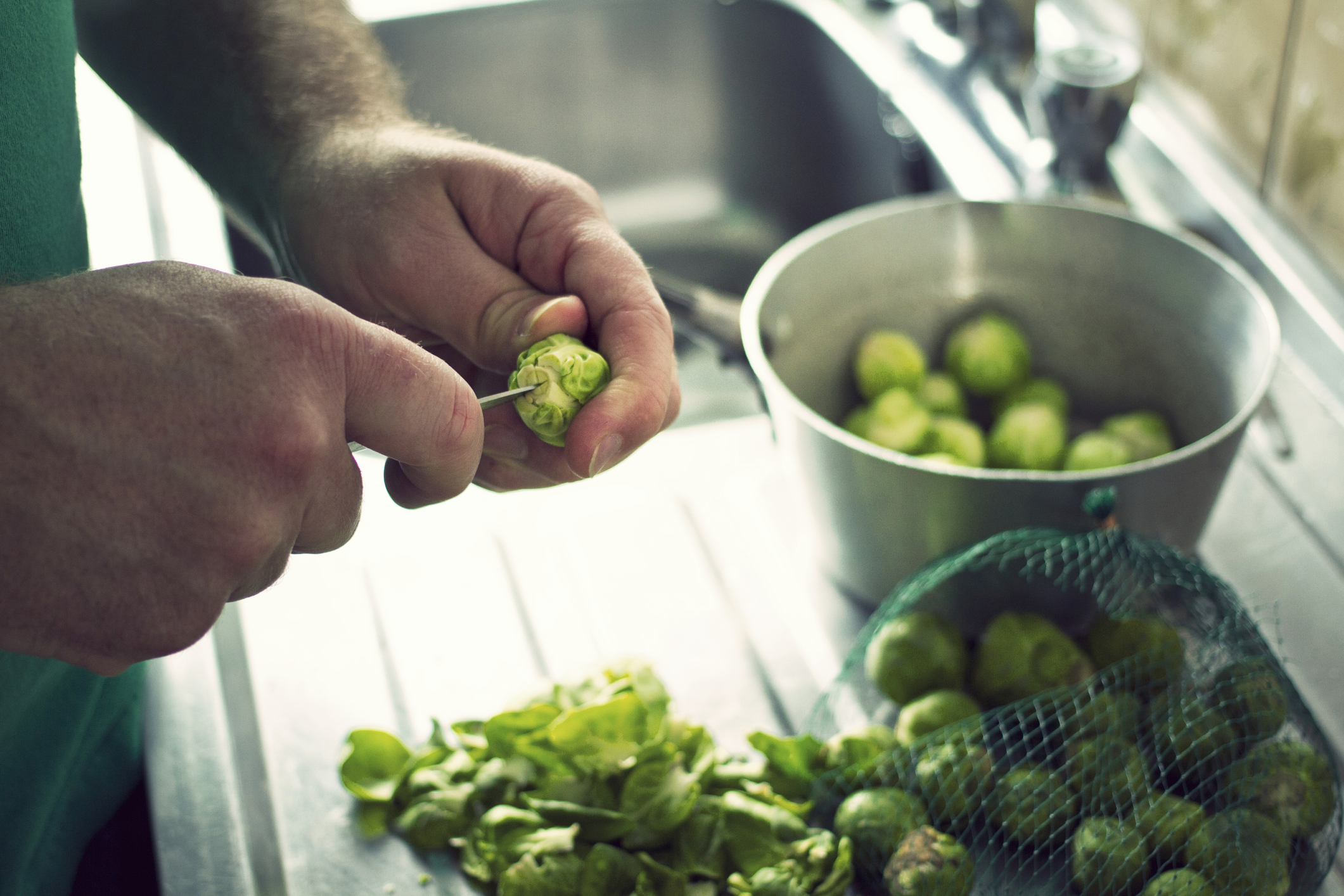
Prep the all-important sprouts in advance
When can you start buying food for Christmas dinner?
From when the shops start selling Christmas food, any time around October. Start by buying the nonperishable items – cheese crackers (keep sealed in the box), tins of chocolates and biscuits (also no opening!), and your decorative items like Christmas centrepieces, napkins and Christmas crackers. In November, buy all your dried fruit and other ingredients for the Christmas cake and Christmas pudding, as they should be made well ahead of time to allow the flavours to develop.
What can you do the week before Christmas Day to prepare for dinner?
A week before, buy your cheese for the cheeseboard, buy or make your mince pies, plan your table decor, and stock up on all the wine, beer, Bailey's, sherry, cocktail ingredients and soft drinks for the big day – we're sure there'll be some indulging in all these things in the run up too…
Take note of our fridge organisation hacks to ensure you have space for everything.
Can any food for Christmas dinner be prepped on Christmas Eve?
Yes – wrap your pigs in blankets, make the sage and onion stuffing for the turkey, do your gravy base and you can even prep some of the vegetables if you leave them in water in the fridge. Also, make your dessert if it's not a figgy pudding. Trifle needs to be made the day before, and you can make a yule log, for example, ahead of time.
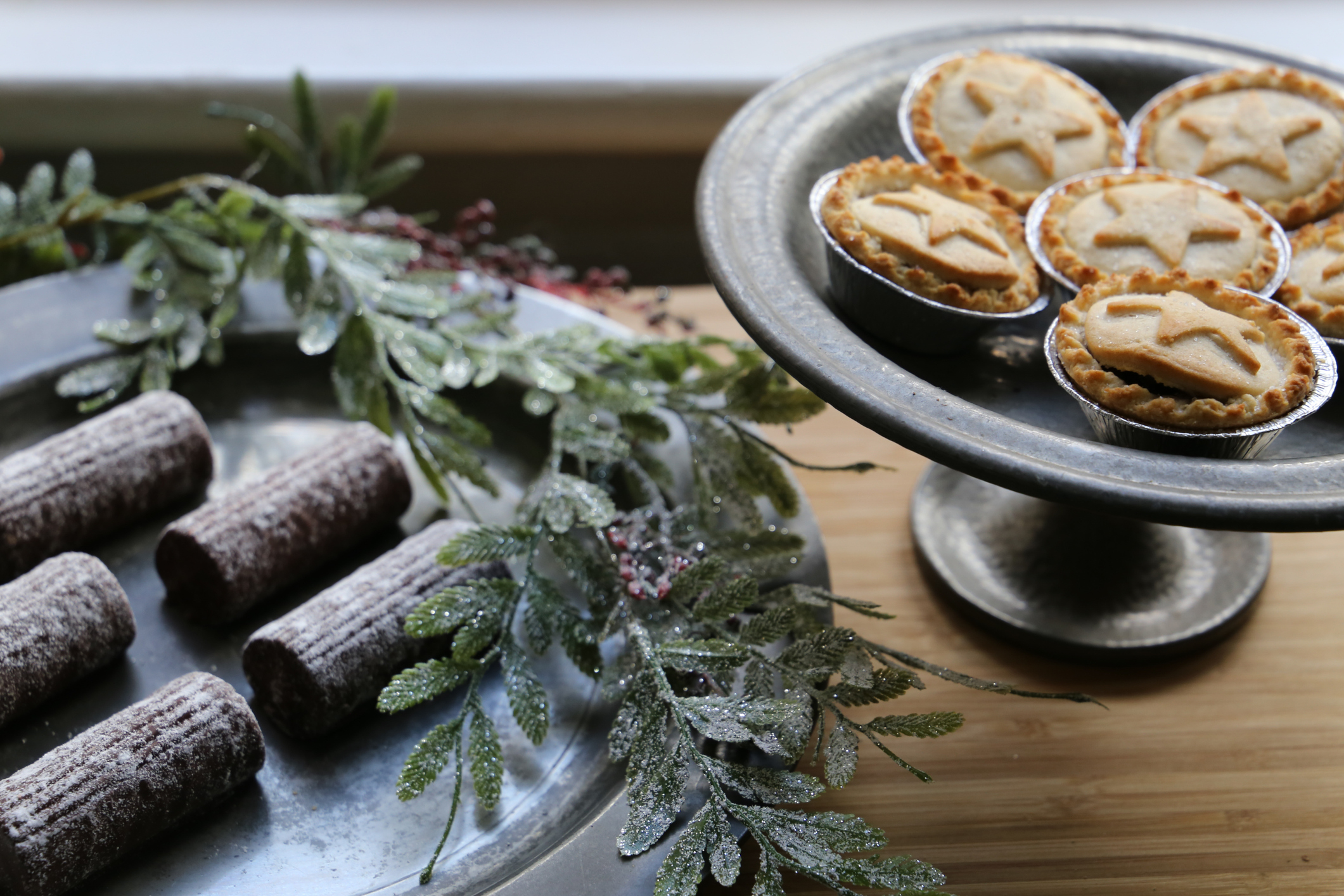
Room for a mince pie, anyone?
What food is best to prep first thing on Christmas Day?
Getting the turkey out of the fridge to reach room temperature is the first job. Then heat the oven and prepare the turkey for cooking. You can also peel and prepare your vegetables and parboil the potatoes ready for making perfect roast potatoes later.
What food is best to cook first thing on Christmas Day?
Depending on your meat of choice, that will be the first thing that needs to go in the oven. A 6kg turkey will take around four hours to cook (depending on your oven and other factors, such as whether it is a high-welfare bird, so refer to the instructions and make sure the juices run clear before it is served).
What time should the turkey be cooked on Christmas Day?
If you're planning to eat at 3pm and have a 6kg turkey, it will need to go in the oven around 9-10am, depending on how long you choose to rest it before eating. A 6kg turkey will take around four hours to cook (depending on your oven and other factors, such as whether it is a high welfare bird, so refer to the instructions and make sure the juices run clear before it is served). Watch the below video for tips on cooking a turkey.

Lara Kilner is a writer and editor with two decades of experience in national newspapers, magazines, and websites. She writes about food, lifestyle, travel, health and wellness, and entertainment, and regularly interviews celebrities and people with interesting life stories and experiences. Her foodie content has included interviews with Jamie Oliver, Rick Stein, Queer Eye’s food expert Antoni Porowski, the Hairy Bikers, Hugh Fearnley Whittingstall, Raymond Blanc, Andi Oliver, Paul Hollywood, Prue Leith, and Nadiya Hussain.
-
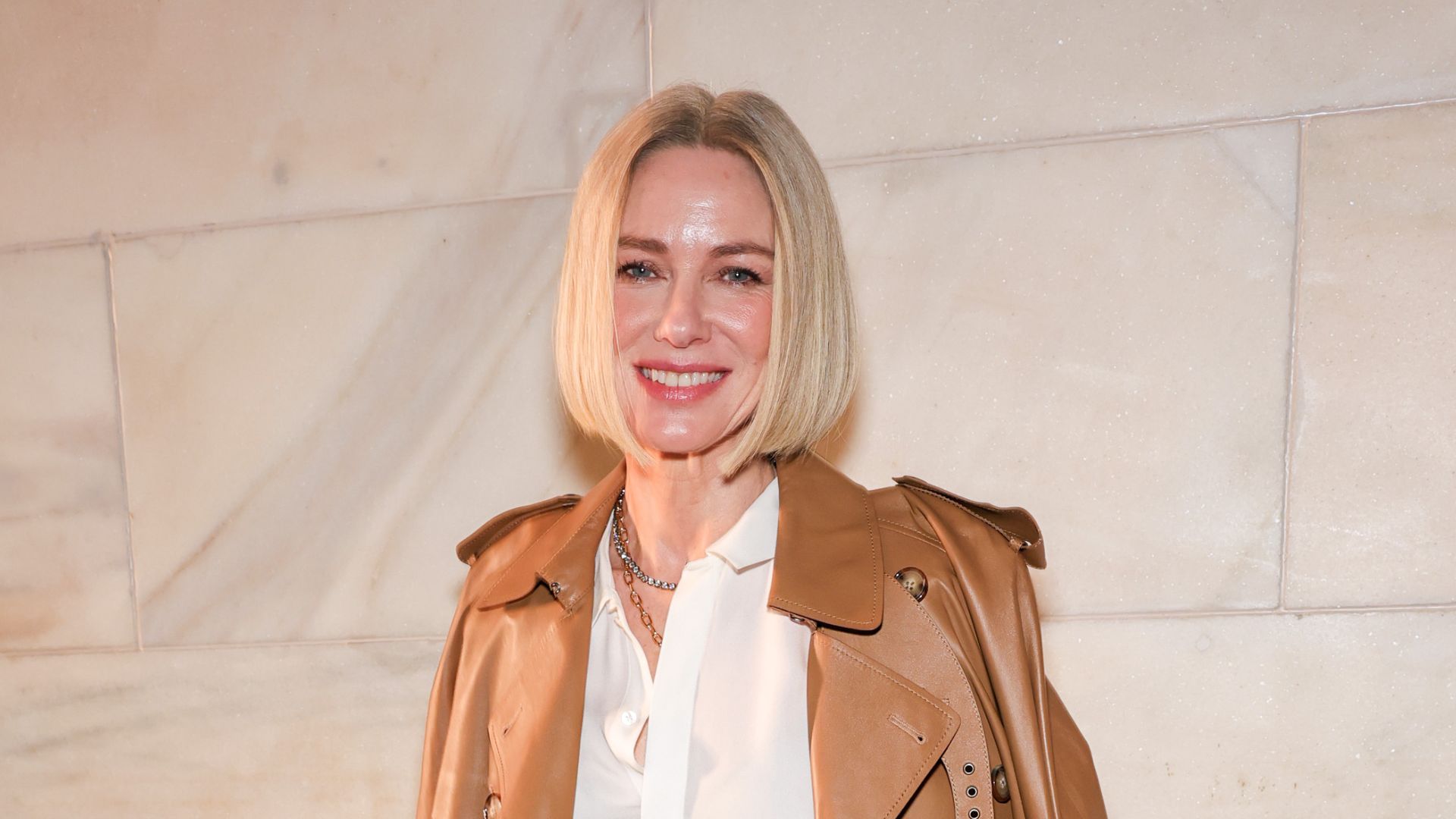 Everyone in New York is wearing a trending colourway that will elevate your everyday wardrobe, including Naomi Watts
Everyone in New York is wearing a trending colourway that will elevate your everyday wardrobe, including Naomi WattsSpotted head to toe in a rich, warm tan at the Ralph Lauren show, Watts shows us exactly why we should be investing in these classic hues
By Molly Smith
-
 How to watch Race Across the World from anywhere - stream the BBC reality series online
How to watch Race Across the World from anywhere - stream the BBC reality series onlineThe acclaimed reality series is back for a highly anticipated fifth outing, and there's no need to miss out on any of the action
By Lucy Wigley
-
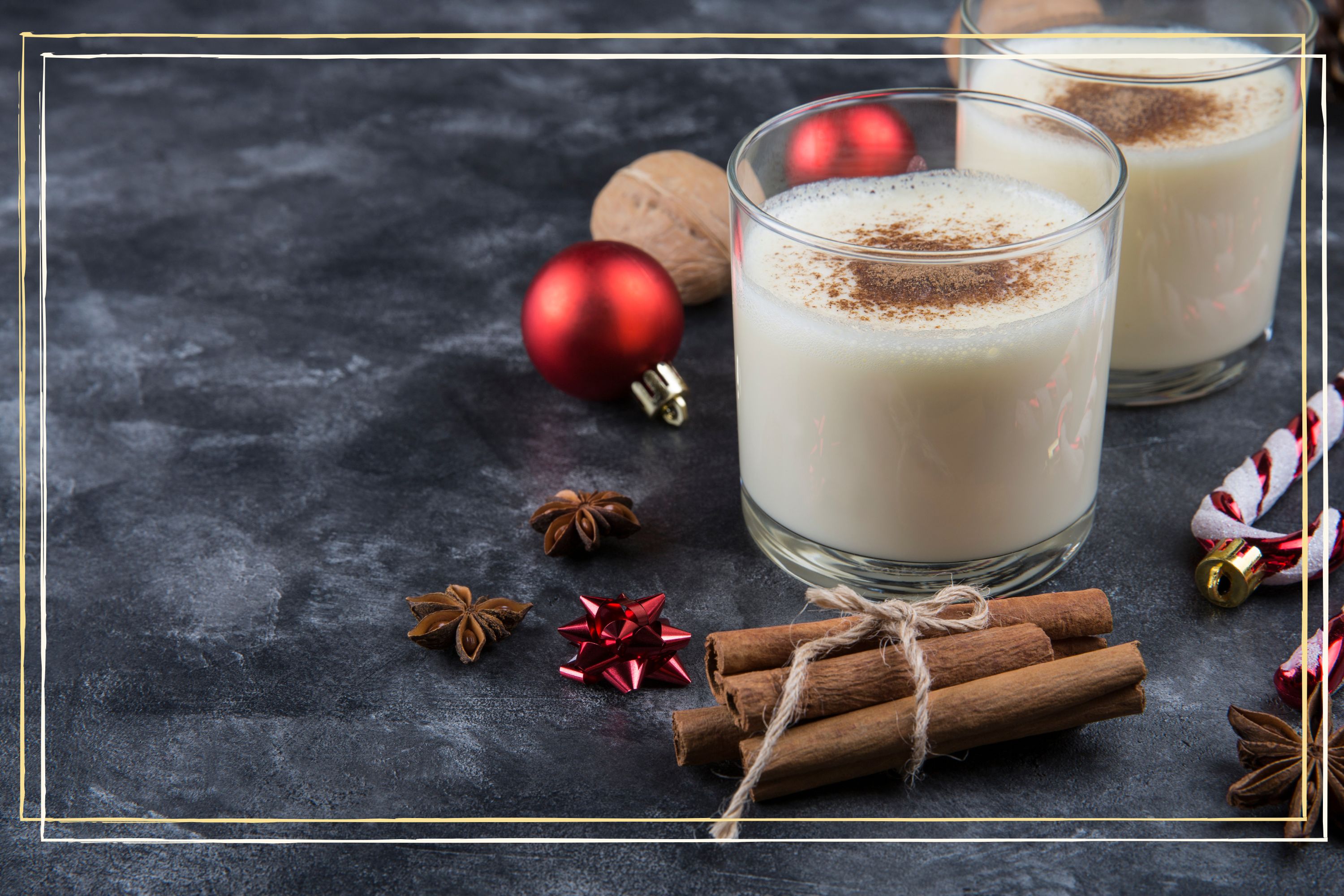 Where is eggnog from? The history of the festive drink explained
Where is eggnog from? The history of the festive drink explainedFind out where is eggnog from, as we delve into the history of the festive drink
By Ellie Hutchings
-
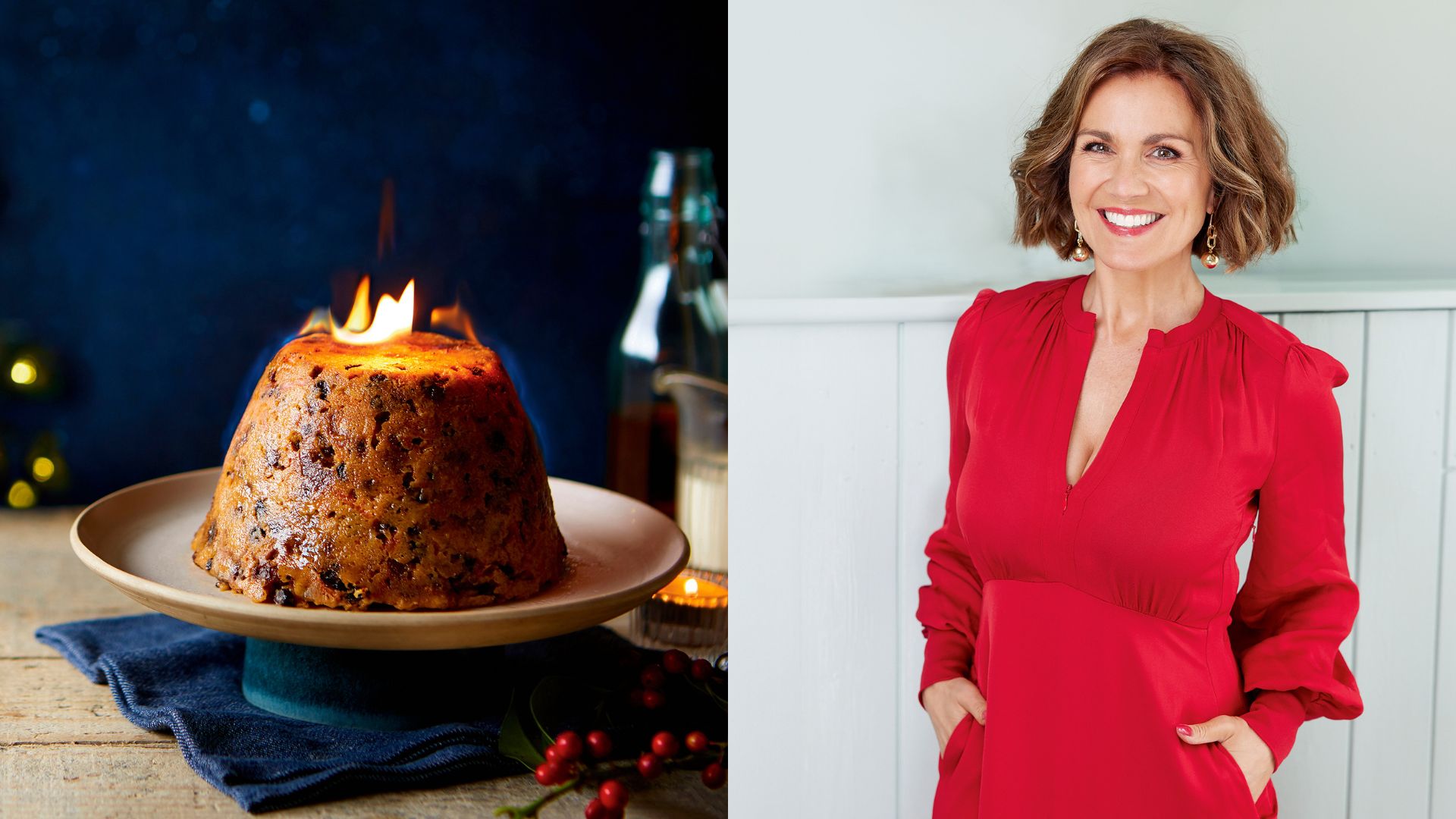 "Gordon Ramsay gave me his Christmas dinner top tips" - Susanna Reid shares her festive hacks
"Gordon Ramsay gave me his Christmas dinner top tips" - Susanna Reid shares her festive hacksThe TV presenter shares her Christmas cooking and admin tips with woman&home – and you'll want to take note
By Gemma Calvert
-
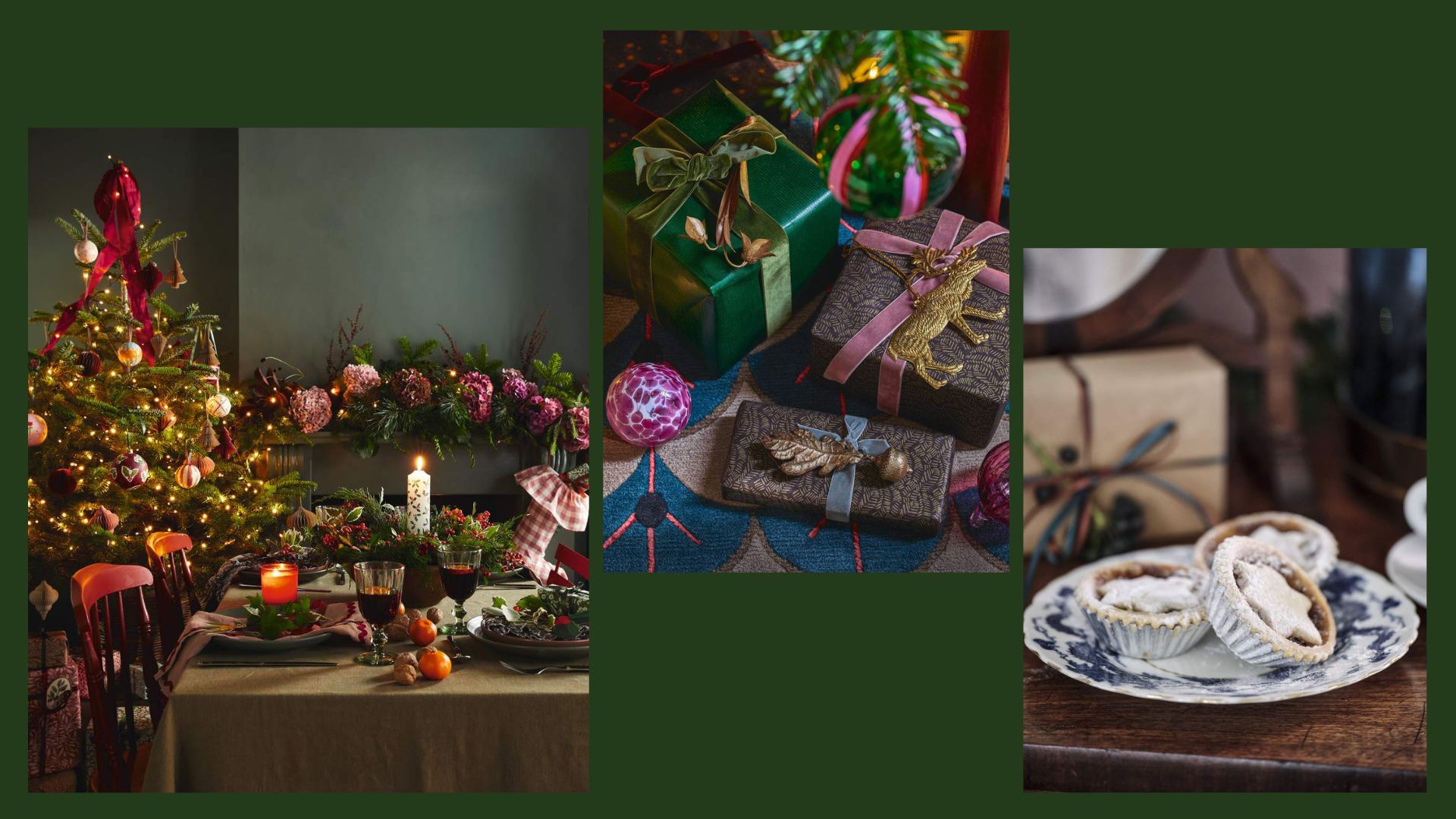 Why do we have Christmas trees? Plus, the origins behind other Christmas traditions
Why do we have Christmas trees? Plus, the origins behind other Christmas traditionsEver wondered why we eat mince pies and turkey at Christmas? And give each other gifts?
By Selina Maycock
-
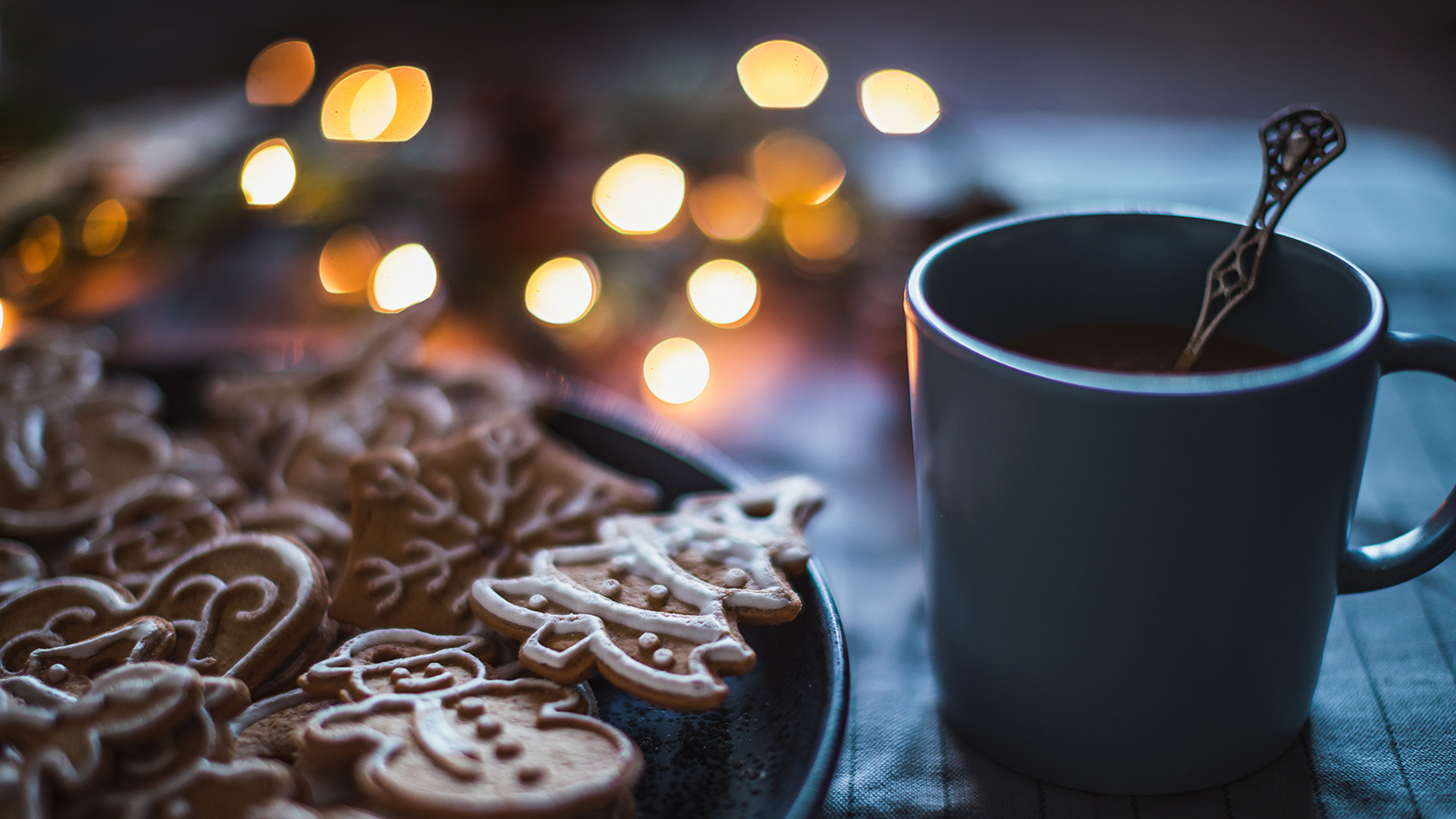 Countdown to Christmas: how to divvy up the jobs to avoid festive overwhelm
Countdown to Christmas: how to divvy up the jobs to avoid festive overwhelmCrack this year’s Christmas planning and organising with this fail-safe guide, for a happier festive period.
By Tanya Pearey
-
 Not sure what to get your friends for Christmas? These desirable last-minute gifts will arrive in time for the big day
Not sure what to get your friends for Christmas? These desirable last-minute gifts will arrive in time for the big dayAnd maybe a couple of bits for ourselves too
By Kerrie Hughes
-
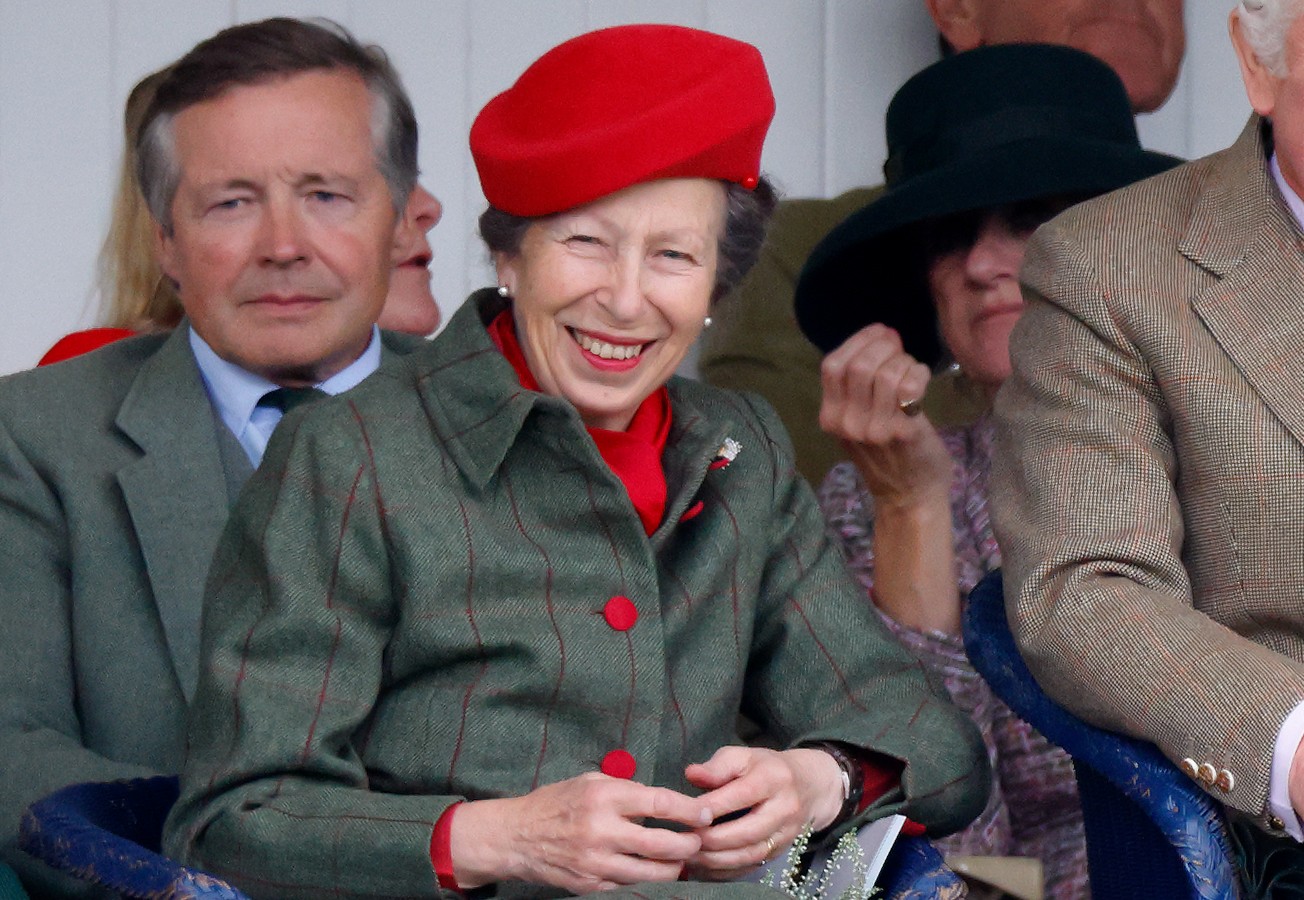 Princess Anne’s Christmas cards this year opted for a subtle, poignant touch in keeping with her practical nature
Princess Anne’s Christmas cards this year opted for a subtle, poignant touch in keeping with her practical naturePrincess Anne’s Christmas cards weren’t made public until just recently
By Jack Slater
-
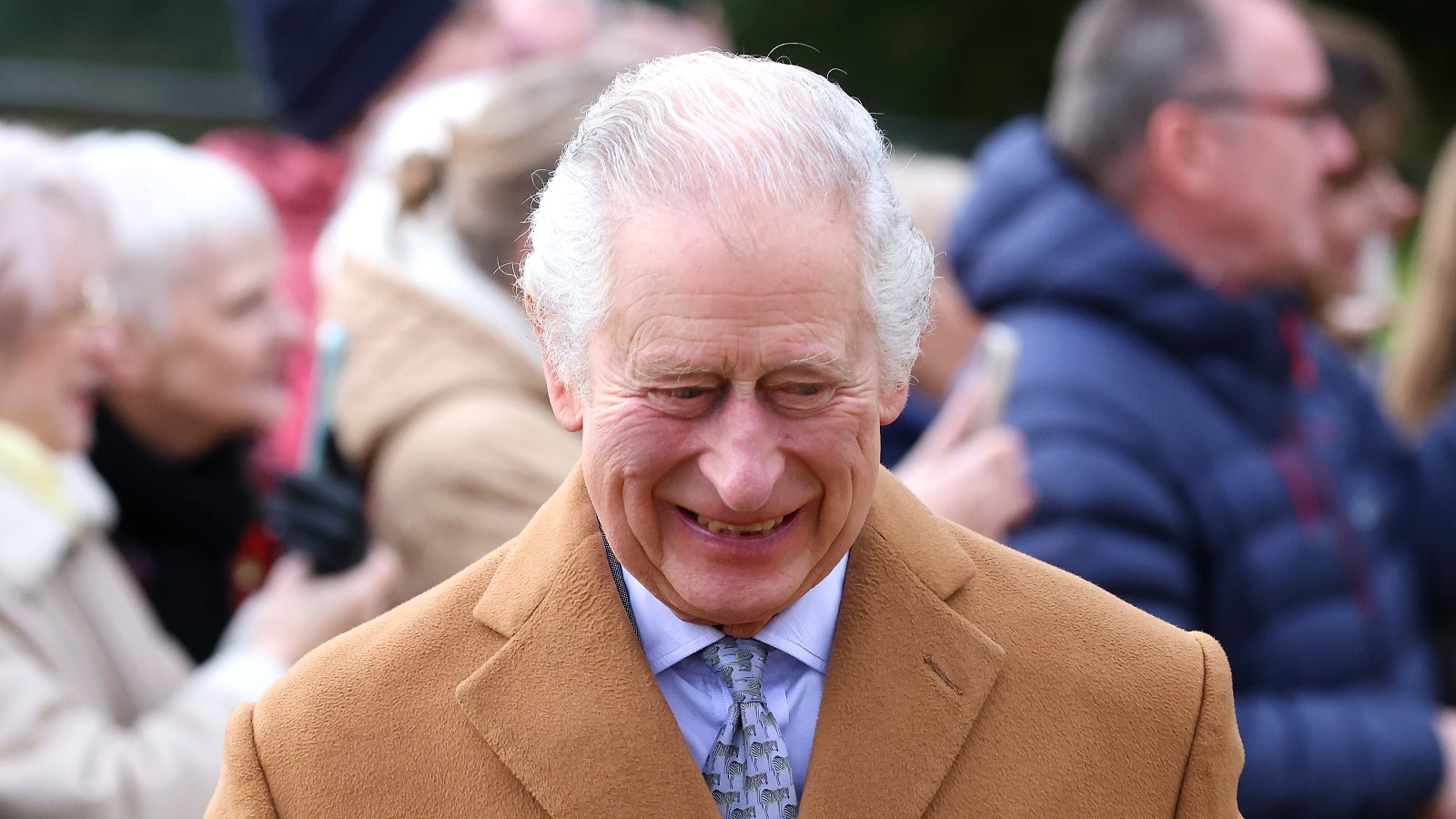 King Charles pays tribute to the most important lessons taught by his mother, the power of faith and service
King Charles pays tribute to the most important lessons taught by his mother, the power of faith and serviceKing Charles delivered a powerful mediation on “the power of light overcoming darkness”
By Jack Slater
-
 Christmas song quiz: 50 questions on facts, figures and badly translated lyrics
Christmas song quiz: 50 questions on facts, figures and badly translated lyricsFrom badly translated lyrics to trivia about the best-selling Christmas songs, will you hit all the right notes in our Christmas music quiz?
By Jack Slater